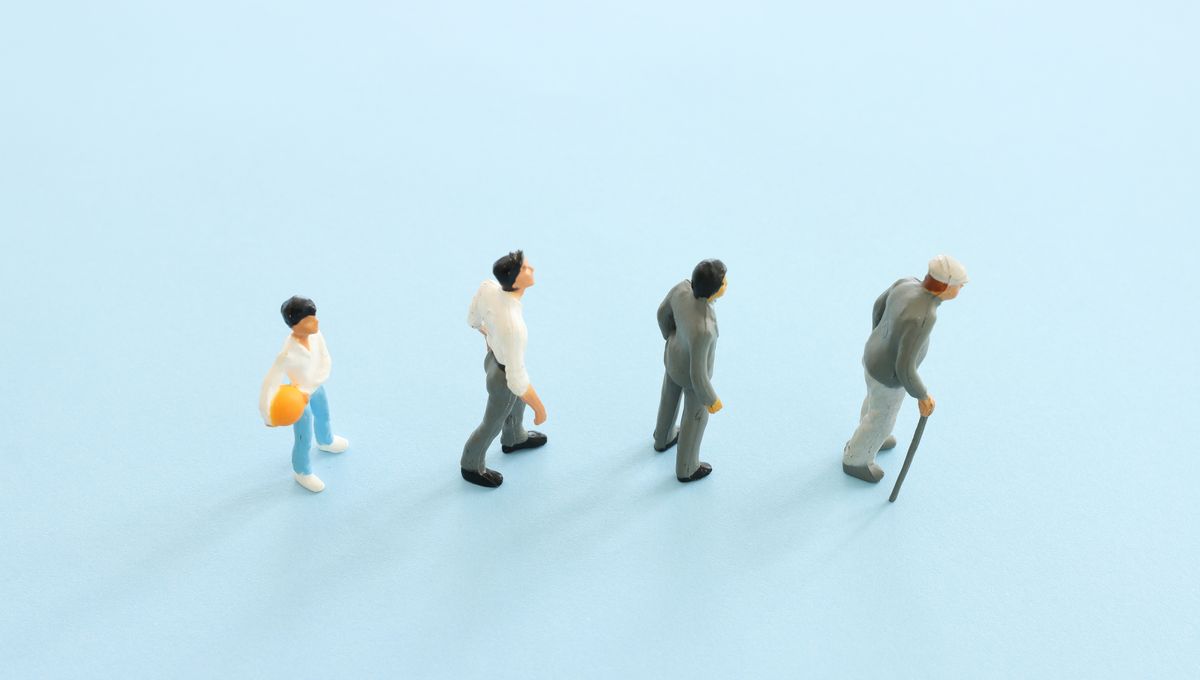
Over the years, more than one famous thinker has had a crack at defining the stages of growth we all go through to reach adulthood. Shakespeare outlined the “seven ages of man” in As You Like It. Freud himself had a go, with his famous five stages of human development. In the modern era, though, we can look to alternative models (that are slightly less fixated on sex), including one laid out by an American businessman in a very famous book.
The late Stephen R. Covey first published his evergreen bestseller The Seven Habits of Highly Effective People in 1989. You need only dip your toe into the waters of self-help literature and you’ll be certain to encounter this book before too long.
Covey’s seven habits are built on a fundamental idea of human development that he named the Maturity Continuum. This divides personal growth into three distinct stages:
- Dependence – children relying on their caregivers to meet all their needs.
- Independence – adolescents and young adults growing into their own people, becoming self-reliant.
- Interdependence – the realization that to achieve the best outcomes, humans should work together towards shared visions and goals, even though we may use different approaches to get there.
In a piece for Psychology Today, Licensed Clinical Social Worker Bob Taibbi slotted in a fourth stage between “dependence” and “independence”, which he termed “counter-dependence” – this is the stage of pushing back, of rebelling, where many teens tend to drift away from their parents and begin to see their friendship groups as a primary source of support.
While the model seeks to broadly delineate development from childhood through to mature adulthood, age is not the deciding factor here, as discussed in a 2021 Medium post about the continuum. “Age has nothing to do with how mature you are, especially mental and emotional maturity. If you start being honest with yourself, new findings and possibilities will emerge.”
Taibbi also points out that various life experiences can cause people to effectively become stuck at each of the various stages.
Some adults may still have characteristics of dependence, generally those who were not given the chance to develop self-sufficiency as children and adolescents. Some people find themselves in a perpetual state of counter-dependence or enter this stage later in life if they did not have a rebellious phase as a teenager. On the other hand, being stuck at the independence stage manifests as an inability to ask for help, a feeling that you need to take charge of everything yourself.
Writer Ryan Delaney argues that this last can be an easy trap to fall into, particularly because Western societies have often revered the idea of the self-made, independent individual. But ultimately, according to the model, the goal is to achieve interdependence, which also speaks to a fundamental tenet of being human: that we tend to seek connection with others.
As Taibbi puts it, “You move beyond that self-sufficient stage and accept that you can’t do everything on your own, that you can look to others for help, and that doing so doesn’t mean you’re weak, doesn’t affect your self-esteem. You know you are capable of standing on your own and trust that others can be a support.”
If you’re reading this and getting the uncomfortable feeling that you haven’t yet achieved this final stage, don’t despair. According to Taibbi, there are always things you can do to move forward.
“The key is learning those skills to create the experiences that each stage requires,” he writes. “[For example,] if you are stuck in self-sufficient independence, experiment with letting go of control, of feeling that you have to do it all. If you’re self-critical, make pushing back against that voice a challenge to work on.”
So, the million-dollar question: which stage are you at?
[H/T: Psychology Today]
Source Link: Psychologists Divide Adult Development Into Four Stages. Where Do You Fit In?